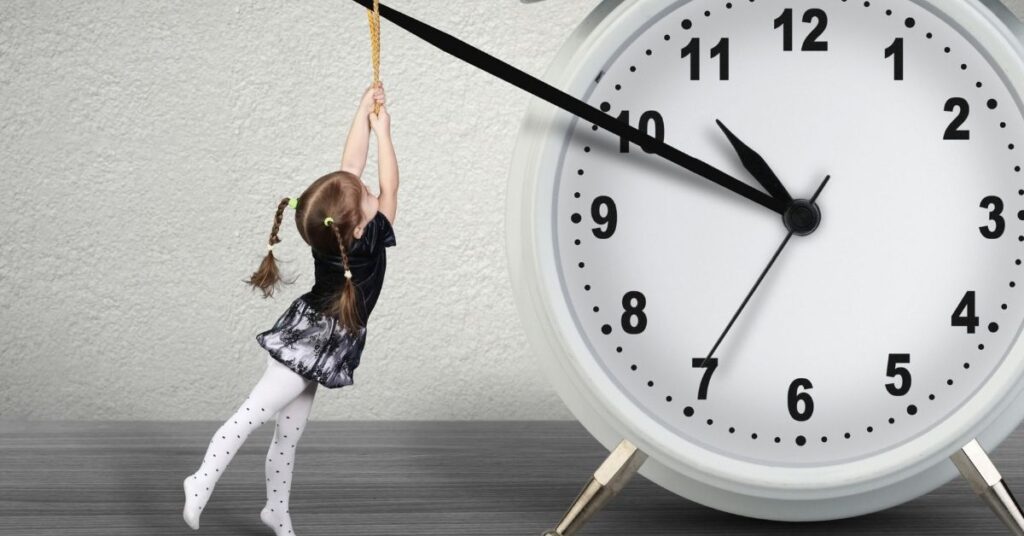Does your child or teen struggle with keeping their things organized, planning school projects, paying attention or being able to remember certain steps of a task? Your child with autism and ADHD may lack executive function skills. In fact, many people who are on the spectrum and/or have ADHD have a hard time with executive function. So how can you as a parent help your child learn these important life skills?
What is executive function?
First, what is executive function? The Merriam-Webster Dictionary defines it as “the group of complex mental processes and cognitive abilities (such as working memory, impulse inhibition, and reasoning) that control the skills (such as organizing tasks, remembering details, managing time, and solving problems) required for goal-directed behavior.”
In other words, these are necessary skills for being successful in school, work and “adulting” in the future. It’s so important that we as parents, caregivers and teachers work with them to improve their executive function capabilities.

What are the primary aspects of executive function?
Executive function has several primary aspects. Those include:
- Planning – Skill needed to think of a project or task that needs to be done and then break it into smaller steps to complete the project/task by a deadline.
- Working Memory – Ability to remember short-term thoughts and information needed to complete a task or function.
- Problem Solving – A key capability needed to identify a problem and solutions to solve it.
- Reasoning – Ability to comprehend, analyze and think critically about problems or concepts. Then it’s important to be able to relay them verbally to others.
- Attention – Skill that allows a person to focus on the task at hand and recall information from working memory to be able to complete it.
- Initiation – Ability to self-start an activity, task or project.
- Inhibition – The ability to tune out distractions or thoughts that get in the way of completing a task. This is basically impulse control.
- Cognitive flexibility – Skill that allows someone to “go with flow” or adjust their plans or thinking when needed.
Why do people with autism and ADHD lack executive functioning skills?
Research conducted in both autism and ADHD revealed a lack of executive function skills in both people with autism and/or ADHD. Researchers have theorized that this is result of the genetic make-up of people with have autism and/or ADHD.
Generally, people with autism and ADHD lack skills related to impulse control, planning, flexibility, working memory, monitoring, inhibition, concept formation and others related to executive function.
I know our son J has struggled with executive function since he was young. Because we have worked with him, he is getting better, especially with planning, working memory, initiation and organizing. He still really struggles with problem solving, flexibility, inhibition and attention. Improving his executive function is a big focus for him since he is a teenager and needs these skills to become more independent.

Why is executive function so important?
Executive function is hugely important for success in school, work and “adulting” in general. It is critical to help them function normally in life. Developing these executive skills for our children with autism and ADHD is key to them living successful lives – not only now through school accomplishments but also in the future for their careers and ability to live independently.
(Download this free Life Vision Workbook to help you dream today to enable your child’s success in the future. Add your plans for helping your child develop executive function skills to those capabilities they need to develop. Then provide an action plan to help them.)
How can you help your child or teenager improve executive function?
So. what can you do to help your child or teenager with autism and ADHD improve their executive function? First, I recommend two books that can really help parents with practical plans and advice.
“Smart but Scattered Teens: The “Executive Skills” Program for Helping Teens Reach Their Potential” by Drs. Peg Dawson and Richard Guare (affiliate link)
Along with reading those books, here are 12 ways you can help your child with autism and ADHD develop executive functions skills:
- Teach your child to use a planner for school and other activities to keep track of their homework assignments, projects, extracurricular activities and due dates. This is a big one and truly will be used throughout their life.
- Request preferred classroom seating in your child’s individualized education plan (IEP). Having preferential seating near the front of the classroom or wherever is the best location for your child can really help with attention, inhibition and more.
- Use assignment sheets to track homework and submission. This has been very effective with our son J in high school, and it helps his resource teacher be able to quickly check that he has completed everything.
- Repeat instructions. Our kids with autism and ADHD many times need to hear instructions repeated more than once. (I know this takes patience as parents to do this one!)
- Help your child break down projects into smaller tasks so they can learn how to better plan and organize projects so they will be completed on time.
- Use visual schedules to visually show steps of a task or routine. We used to have one for J’s morning routine and for other tasks like taking a bath. They were really helpful for him learning the steps needed and improving his working memory.
- Find apps that your child will use for organizing. It may be to-do apps, reminders or calendars. Whatever will work for your child or teenager to help them with planning, organizing and other skills.
- Provide checklists to help remind your child of tasks that need to be completed or steps of a project. We used to have an after-school checklist for J, and he still uses a weekly chore checklist to remind him what to do each day.
- Build in break and margin times into their daily schedule. Lack of executive skills and inattention to time are a real struggle for those with ADHD. Be sure to build in breaks and margin into your child’s day so that you don’t feel like you are running from one thing to another.
- Post reminders where your child will see them. This may be on a wall or bulletin board in their room, on the bathroom mirror, notes on the table, etc.
- Teach your child backwards planning. Help your child learn how to start with the end in mind for a project, break down the tasks/actions needed and put them on a calendar so that everything is completed on time.
- Create an organizational system for their room by labeling shelves/baskets and even post a photo of what a clean room looks like and where everything goes. This can work too for a “launch” area to keep all their school and other items needed daily for activities.
Does your child with autism and ADHD struggle with executive function? What have you found that works for your child? Leave a comment below to share and support one another!









